China and the United States should "work together to contain the separatist forces of Taiwan," Chinese Ambassador to the United States Qin Gang has said.
The one-China principle is the most important foundation of China-U.S. relations in the past decades, said Qin in an interview with U.S. National Public Radio aired Friday, adding that the United States has been walking away from this commitment "bit by bit."
Speaking of the recent escalation of tension in the situation across the Taiwan Strait, Qin said, "This is because the Taiwanese authority is trying to seek independence agenda by borrowing support and encouragement of the United States and the U.S. is playing Taiwan card."
"We have taken notice of President (Joe) Biden's words that the United States does not support Taiwan independence and the United States wants to see peace and stability across the Taiwan Strait, the United States will adhere to its one-China policy, but so far we haven't seen many actions to honor his words," he said.
Qin stressed that "we will do our utmost in the greatest sincerity to achieve a peaceful reunification," which is in the best interests of people across the Taiwan Strait, in the best interests of China-U.S. relations, in the best interests of peace and stability in the region.
Meanwhile, China will not commit to giving up non-peaceful means for reunification, "because this is a deterrence to separatist forces, not targeting Taiwanese people," he said.
The Taiwan question "is the biggest tinderbox between China and the United States," Qin said. "If the Taiwanese authority, emboldened by the United States, keeps going down the road for independence, it would most likely involve China and the United States, the two big countries, in a military conflict."
"China does not want to have conflict or confrontation with the United States. The United States does not want war with China. So, no war, no conflict is the biggest consensus between China and the United States. So let's work together to contain the separatist forces of Taiwan, to give peace a chance," he added.
Deeming the China-U.S. relationship "the most important relationship," Qin said "we must work well and not mess it up."
"But the question is: can the United States respect and accept China's rise as a positive force to maintain or to facilitate world peace and prosperity? Can the United States believe that China's rise will benefit other countries, benefit people in the United States and provide more business opportunities and more jobs?" he asked.
"Both countries are in the process of recognizing each other and finding an appropriate way to get along with each other. In China's belief, we hope that good relationship will be established based on the principles of mutual respect, peaceful coexistence and win-win cooperation," said the ambassador.













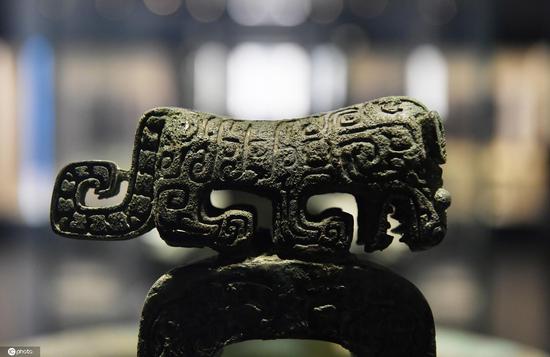




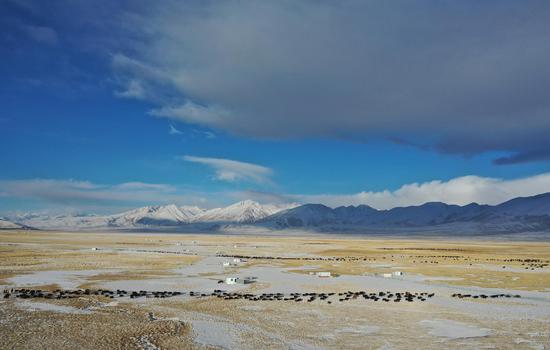
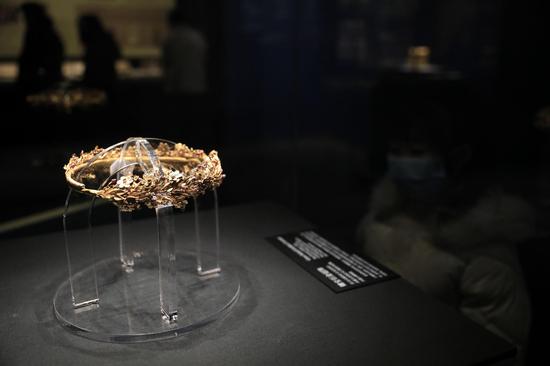

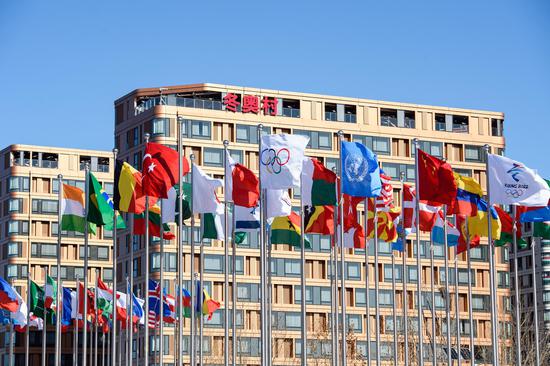
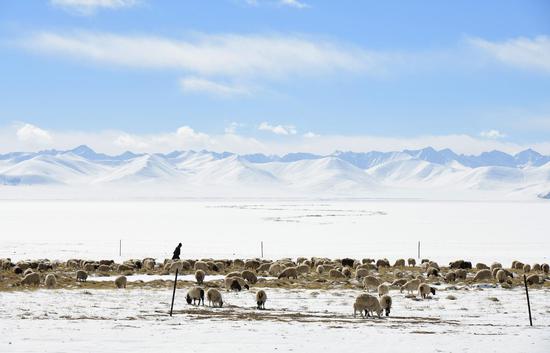
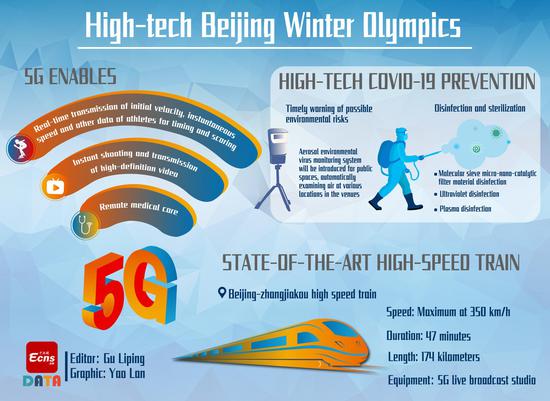
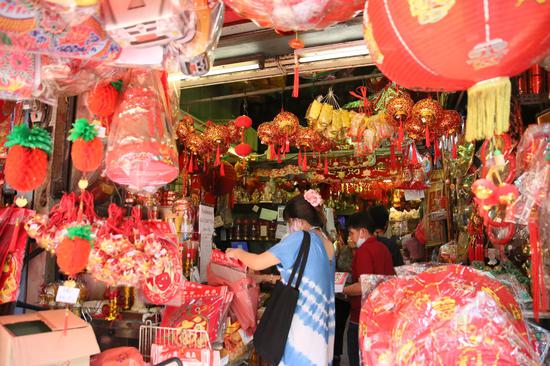

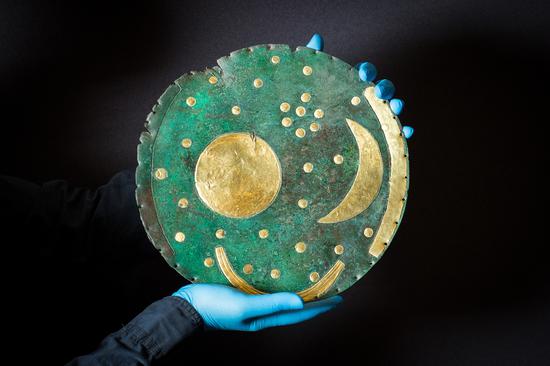
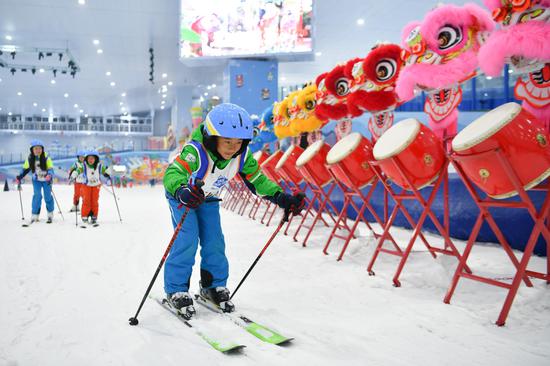
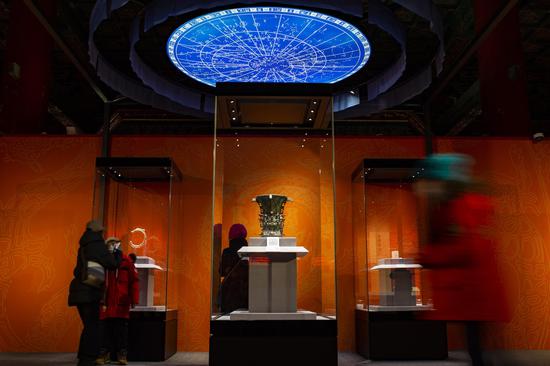
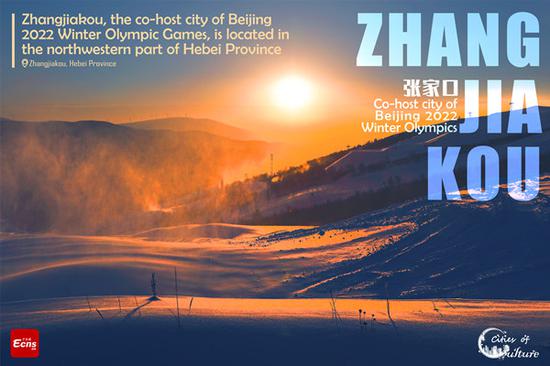
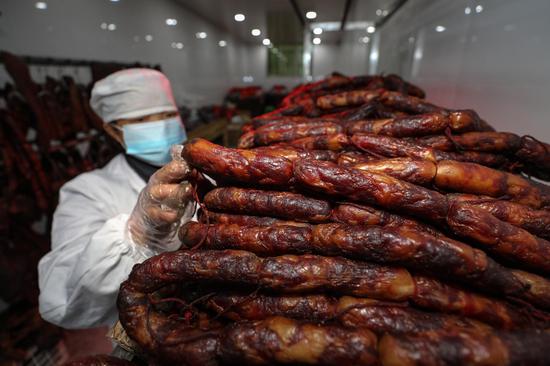

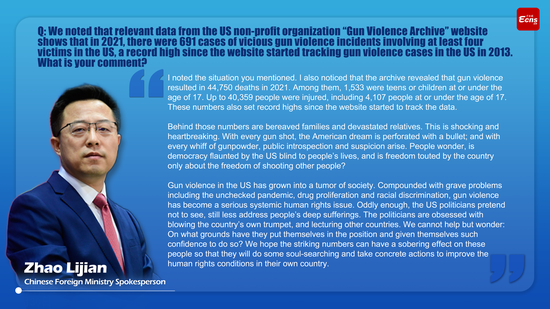
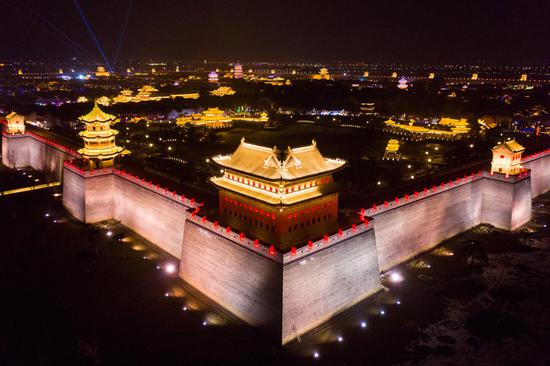


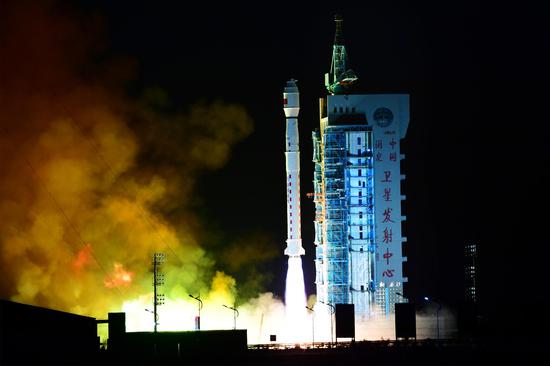
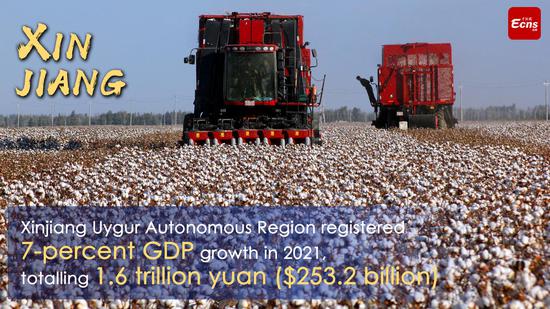
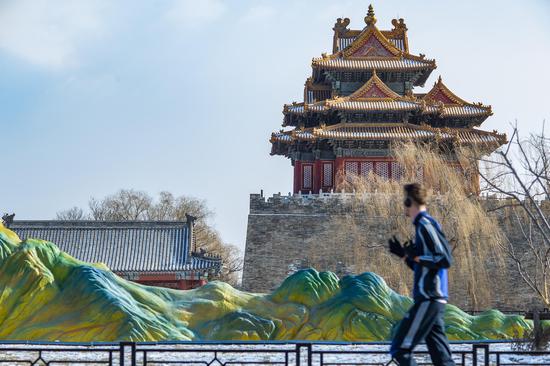

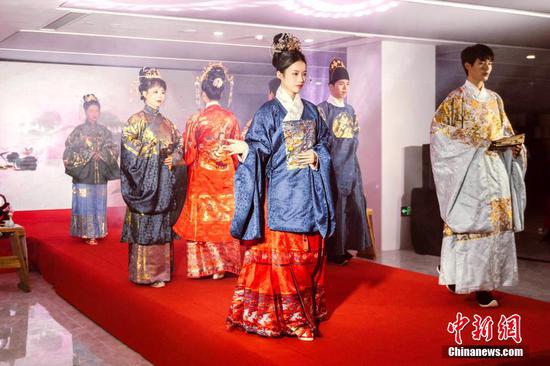

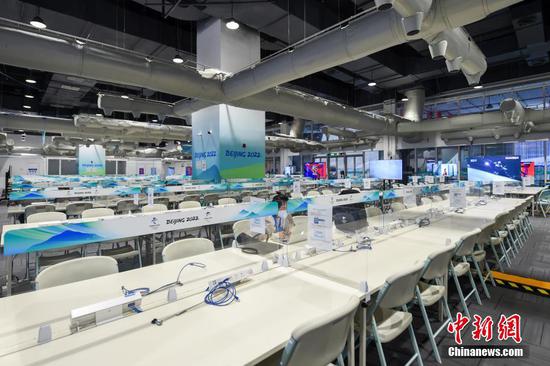

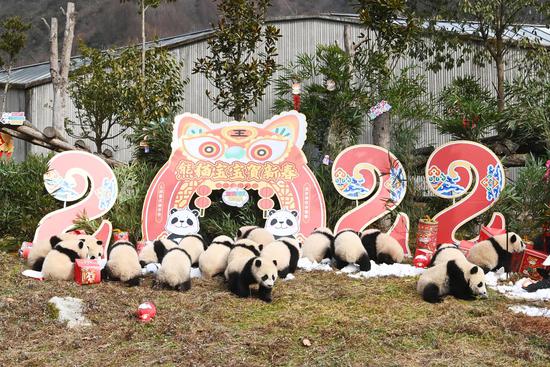





 京公网安备 11010202009201号
京公网安备 11010202009201号